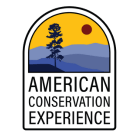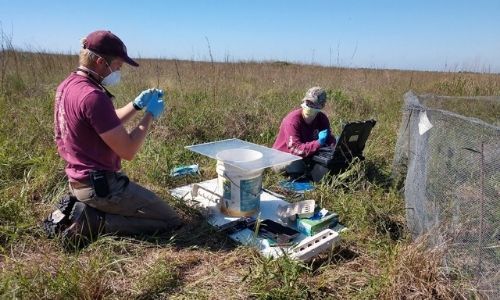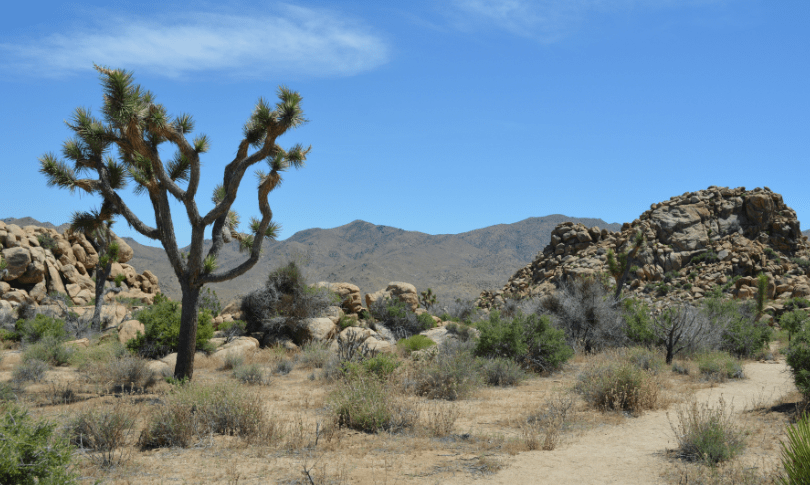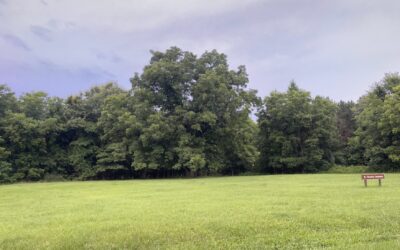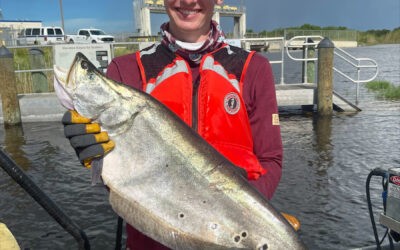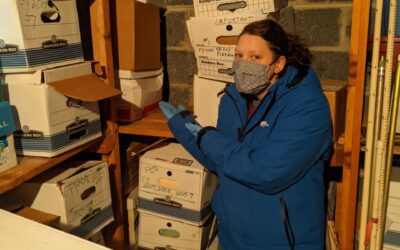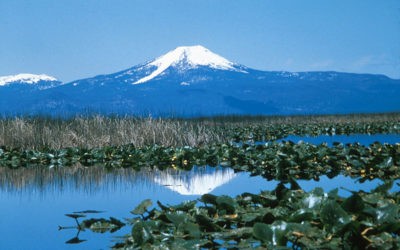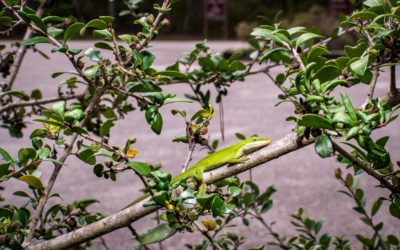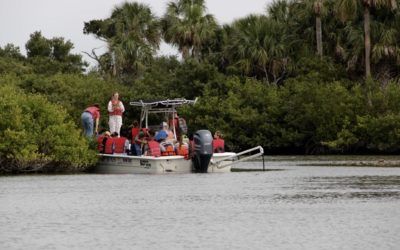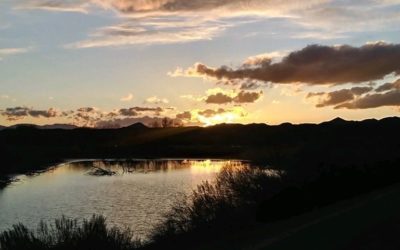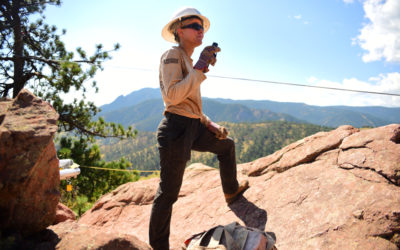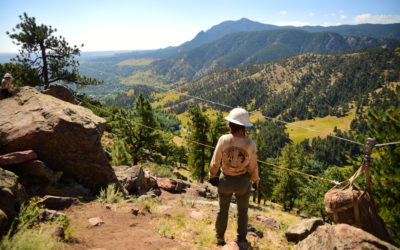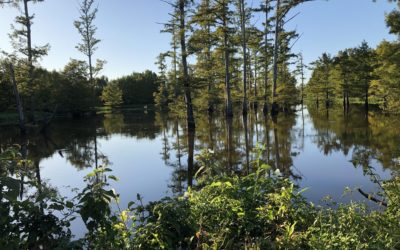EPIC Fish and Wildlife Service (FWS)
Program Overview
The U.S. Fish & Wildlife Service (USFWS) USFWS is the only federal agency with the primary responsibility of preserving and managing the lands and waters of the U.S., specifically fish, wildlife and plants. The agency’s ~9,000 employees work in all 50 states and U.S. territories in partnership with others to achieve this mission.
EPIC-USFWS Individual Placement (internships) and Fellowship programs provide hands-on opportunities to work alongside and under the guidance of USFWS mentors to build practical skills and knowledge in various USFWS Programs. Opportunities span the spectrum of habitat, fish and wildlife management and restoration. Examples include botany, ecology, wildlife and fisheries biology, fishery research and propagation, refuge planning, visitor services, outreach and education, GIS, cultural resources and maintenance across all FWS regions nationwide.
What We Do
The EPIC-FWS Division strives to become a bridge between academia and career by assessing the educational and experiential backgrounds of potential members and/or fellows in an effort to connect them with rewarding careers as the next generation of natural resource stewards or to simply foster an enhanced sense of respect for natural resources and the entities responsible for their management.
EPIC-FWS Division offers opportunities with USFWS that can vary in length from 2 -12 months. Members receive a living allowance. Housing at the work location is ideal, but allowances can cover housing costs at the duty location, as well. ACE is a proud partner and supporter of AmeriCorps. Many positions have an education award opportunity through the AmeriCorps program. Participants who meet the requirements can utilize the Public Land Corps Act hiring authority.
Where We Work
Between the years of 2018 and 2021, ACE placed approximately 600 members at over 70 FWS locations nationwide. While the majority of members serve in the National Wildlife Refuge System, other areas/offices include National Fish Hatcheries, Regional Offices and the FWS’s Washington Office.
What to Expect
Science in the Service Fellowship (California)
Are you interested in a fulfilling career in wildlife biology, conservation, environmental education, geosciences, infrastructure, endangered species recovery, and more?
The U.S. Fish and Wildlife Service’s Science in the Service Fellowship may be for you! The fellowship is designed to attract highly talented and diverse Fellows with particular attention to women and groups underrepresented in the FWS workforce including Black, Indigenous, People of Color, and individuals with disabilities.
We are seeking interns for a range of developmental internships focused on everything from habitat restoration to the administration of the Endangered Species Act. Internships will take place across California in Arcata, Sacramento, Ventura, and Kern.
The U.S. Fish and Wildlife Service Region 8 is headquartered in Sacramento, California, and has federal fish and wildlife management responsibilities in California, Nevada, and the Klamath Basin in southern Oregon. The Region includes one of the most ecologically diverse areas in the United States, ranging from the arid sand dunes in the Mojave Desert to the snow-capped crags in the high Sierras; from rich farmland in the Central Valley to rain-soaked redwood forests along the Pacific coast. This highly diverse geography provides habitats for a vast array of wildlife. More than 42 million people live within the Region, and expanding population centers such as the San Francisco Bay Area, Los Angeles, Reno, San Diego, and Las Vegas are increasing demands on natural resources, presenting unique challenges to the Region’s conservation mission.
Program Details
- Paid developmental fellowship (1 week in-person orientation, bi-weekly stipend paid based on hours worked)
- Direct training and support from federal biologists and hiring specialists
- Non-Competitive Hire Authority for U.S. Department of Interior agencies after completing program requirements
- Locations across California, with telework flexibilities!
- Travel funding provided for training and professional development
Eligibility
The projects do not require work experience and do not have a need for specialized skill sets. The requirements are:
- Current 3rd year or higher undergraduate, graduate student, or recent graduate (graduated in last 2 years)
- GPA of 3.0 or higher
- U.S. Citizen or National, between the ages of 18-30 (up to 35 for veterans) due to Federal Public Land Corps Certificate Requirements
- Available to work part/full-time (based on availability) beginning in August 2024, or earlier.
- Local to the duty station (able to commute to the work site on a regular basis)
- In an education program which will qualify for the 401 series upon graduation (Degree: environmental science or policy, biological sciences, agriculture, natural resource management, chemistry, or related disciplines appropriate to the position.)
- Interested in the work the U.S. Fish and Wildlife Service does
- Able to complete 640 hours of work
- Due to the self-paced nature of this fellowship, it is also critical that fellows are able to demonstrate time management, communication, and organizational skills.
Application Information
- The application deadline is May 3rd, 2024.
- Applications will be accepted on a rolling basis and the application period may close before the deadline if a sufficient number of applications are received. Applicants are highly encouraged to apply early to ensure consideration.
- Applicants may apply to as many projects as they are qualified for and interested in. Selected applicants work on a specific project, strategically designed to support the U.S. Fish and Wildlife Service’s priorities.
Previous Science in the Service Projects include: North American bat monitoring and tribal bat education and outreach, tracking endangered species habitat conservation, endangered butterfly natural history and Native American traditional use, engaging tribes in migratory bird program eagle work, public affairs and communications, infrastructure management and visitor services, and habitat analysis among others.
How to Apply
Applications have closed for 2024 but please check back early in 2025 for new opportunities.
FWS Blog
Then and Now at Bayou Lake National Wildlife Refuge
Kristen Boyd is currently an ACE EPIC Cultural Research and Education Fellow with the U.S. Fish and Wildlife Service ...
Pythons, Fish, and Frogs – Oh My!
Our staff recently visited several EPIC members serving with US Fish and Wildlife. The members are working on a varie...
Realty and What it Means with US Fish and Wildlife Service
Realty and What it Means with US Fish and Wildlife Service Written by: Jenny Goebel My name is Jenny Goebel, and I wo...
Corps To Career | EPIC FWS
The EPIC-FWS Division strives to become a bridge between academia and career by assessing the educational and experie...
